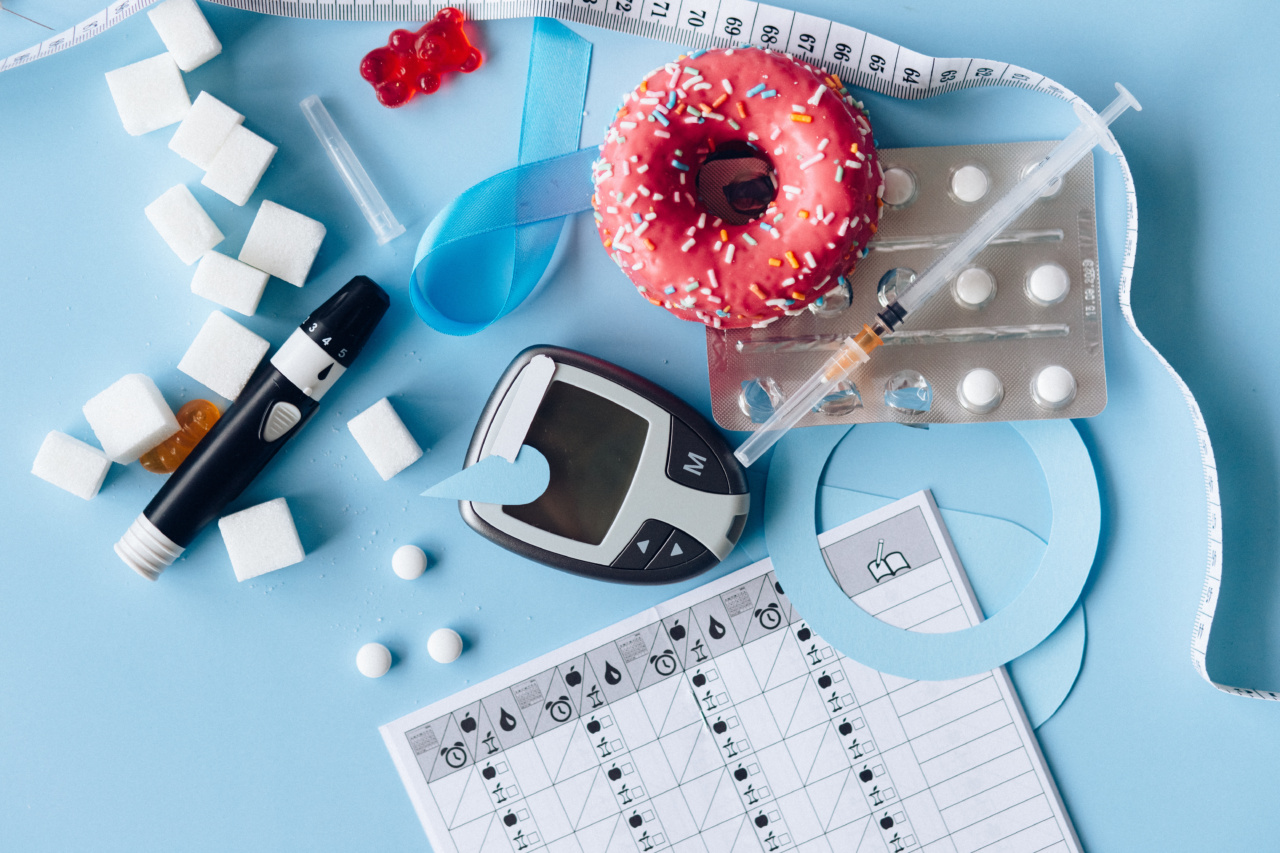Diabetes is a chronic condition that affects the body’s ability to regulate blood sugar levels. During pregnancy, diabetes can have serious implications for both the mother and the baby.
It is crucial for pregnant women with diabetes to carefully manage their condition to ensure a healthy pregnancy and birth. Medication plays a key role in controlling diabetes during pregnancy, and in this article, we will explore the different types of medication commonly used.
Types of Medication for Diabetes
There are several types of medication used to manage diabetes, and the choice of medication for pregnant women will depend on various factors such as the type and severity of diabetes and the overall health of the mother and the baby.
Insulin
Insulin is the most common medication prescribed for women with diabetes during pregnancy. Insulin is a hormone that helps regulate blood sugar levels.
It is typically administered through injections, and the dosage and frequency will be determined by the healthcare provider based on the individual’s needs.
Oral Medications
While insulin is the primary medication used, in some cases, oral medications may be prescribed for pregnant women with diabetes. However, it is important to note that not all oral diabetes medications are safe to use during pregnancy.
Some oral medications, such as metformin, are considered safe and may be used to manage gestational diabetes.
Gestational Diabetes Medication
Gestational diabetes is a type of diabetes that occurs during pregnancy. It usually develops around the 24th to the 28th week of pregnancy and often disappears after childbirth.
In cases of gestational diabetes, medication may be required to help manage blood sugar levels. Insulin is typically the first choice for treatment, as it does not cross the placenta and is safe for both the mother and the baby.
Premixed Insulin
Premixed insulin is a combination of short-acting and intermediate-acting insulin. It is an option for pregnant women who require insulin but prefer the convenience of a premixed insulin preparation.
Premixed insulin provides both short-term and long-term blood sugar control.
Managing Diabetes with Diet and Exercise
Alongside medication, a healthy diet and regular exercise are essential components in managing diabetes during pregnancy. A well-balanced diet consisting of whole grains, lean proteins, fruits, and vegetables can help regulate blood sugar levels.
Regular physical activity, as approved by a healthcare provider, can also aid in maintaining healthy blood sugar levels.
Monitoring Blood Sugar Levels
Regular monitoring of blood sugar levels is crucial for pregnant women with diabetes. This helps ensure that medication dosages and dietary adjustments are effective in maintaining stable blood sugar levels.
Blood sugar monitoring can be done using a handheld glucose meter, which measures blood sugar levels through a small blood sample taken from a finger prick.
Risks and Benefits of Medication
Like with any medication, using diabetes medications during pregnancy may have potential risks and benefits. It is essential for pregnant women to discuss these with their healthcare provider to make informed decisions regarding their treatment plan.
The benefits of adequately managing diabetes during pregnancy include reducing the risk of complications for both the mother and the baby.
Conclusion
Medication plays a crucial role in managing diabetes during pregnancy. Insulin is the primary medication used, while oral medications may be an option in specific cases.
It is important to work closely with healthcare providers to determine the most suitable medication regime to ensure a healthy pregnancy and minimize complications. Alongside medication, a healthy diet, regular exercise, and blood sugar monitoring are key components in effectively managing diabetes during pregnancy.


























